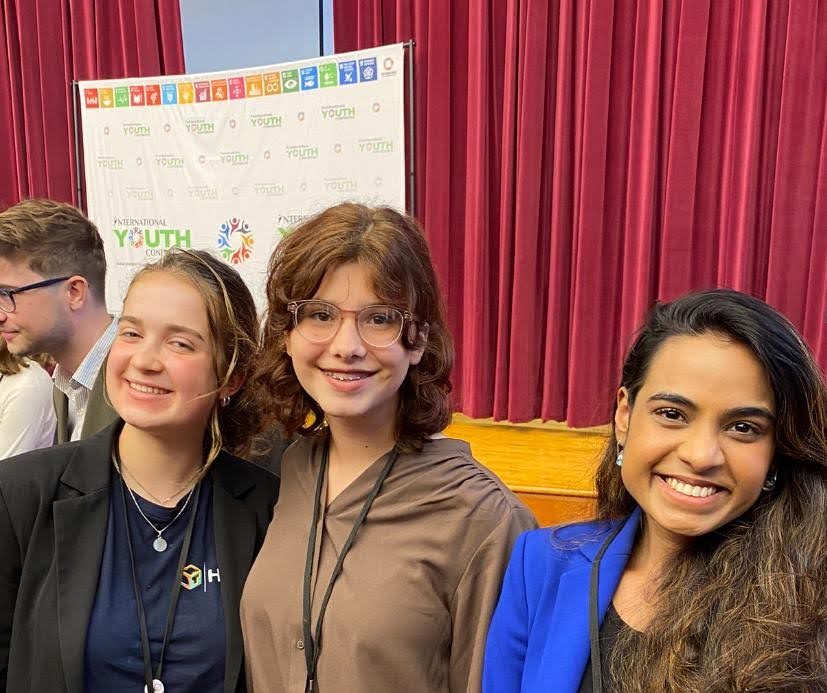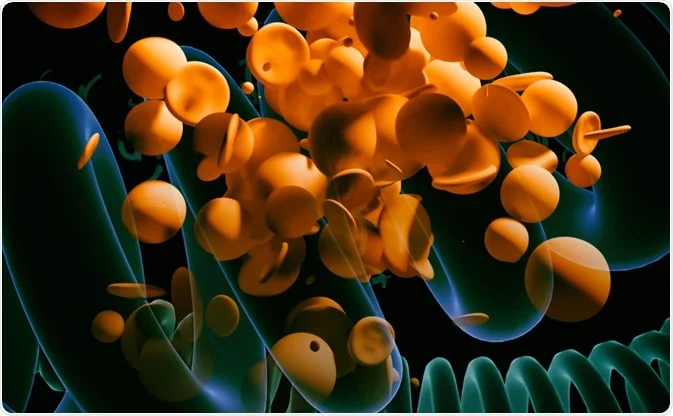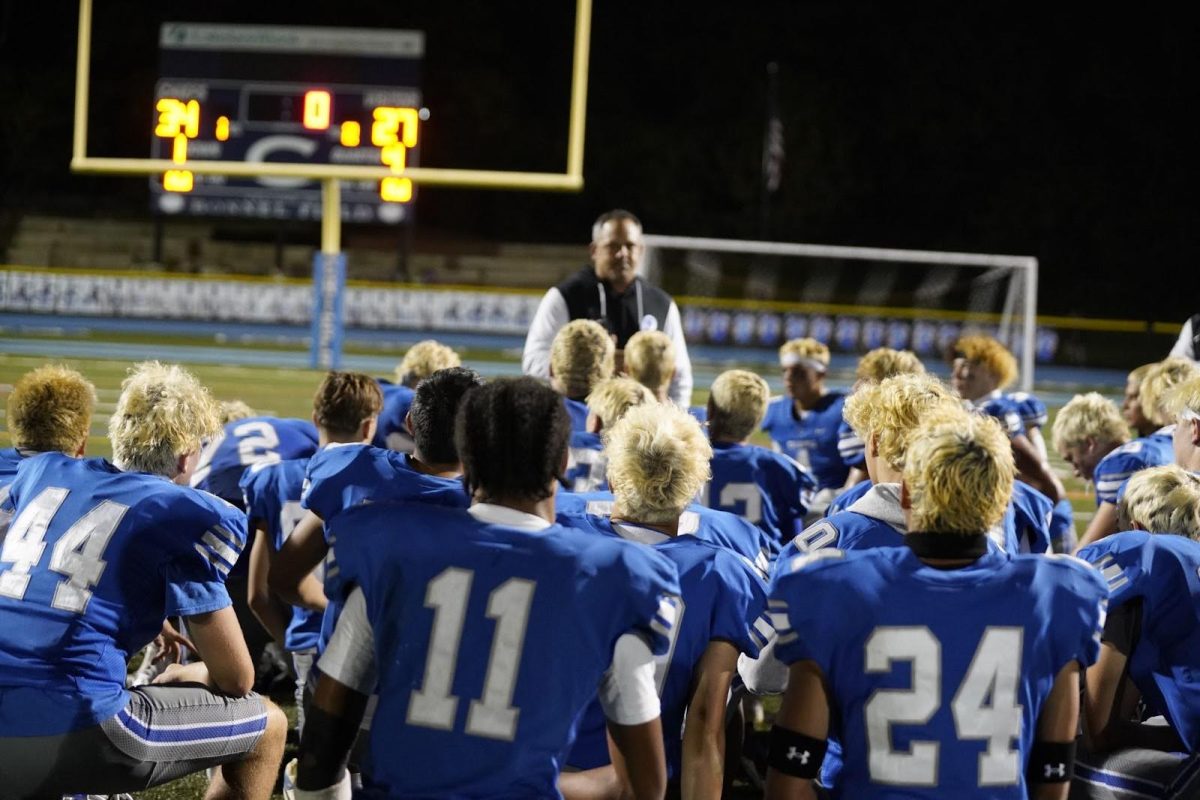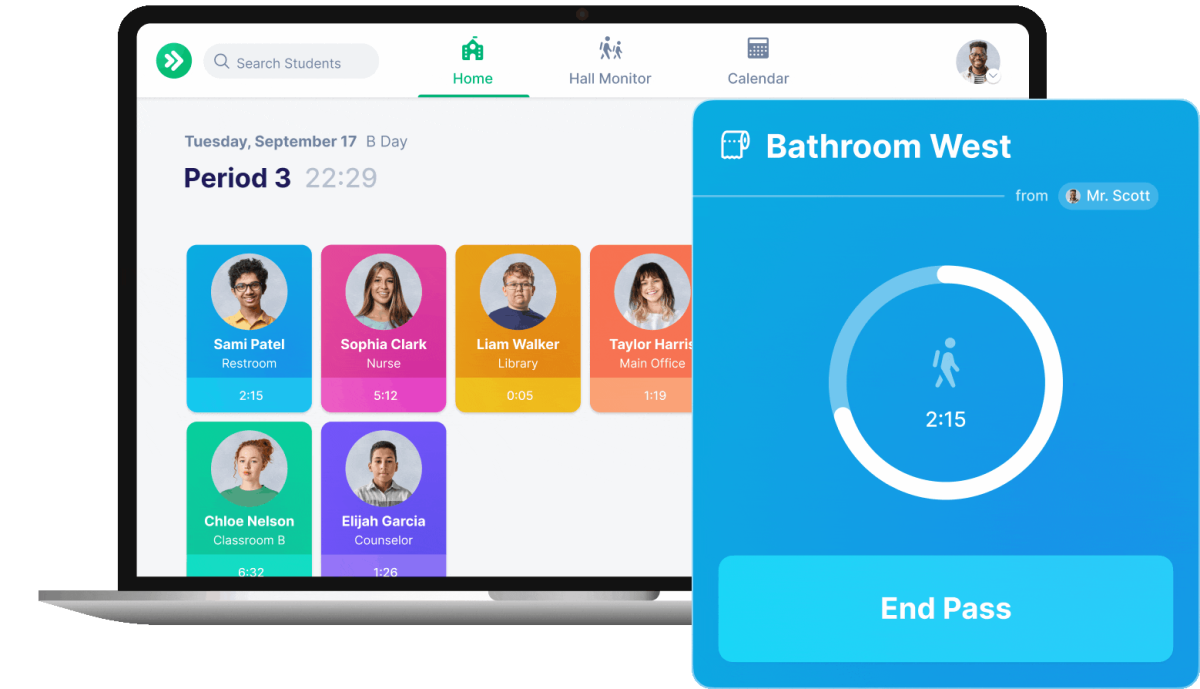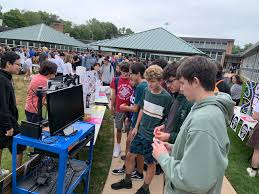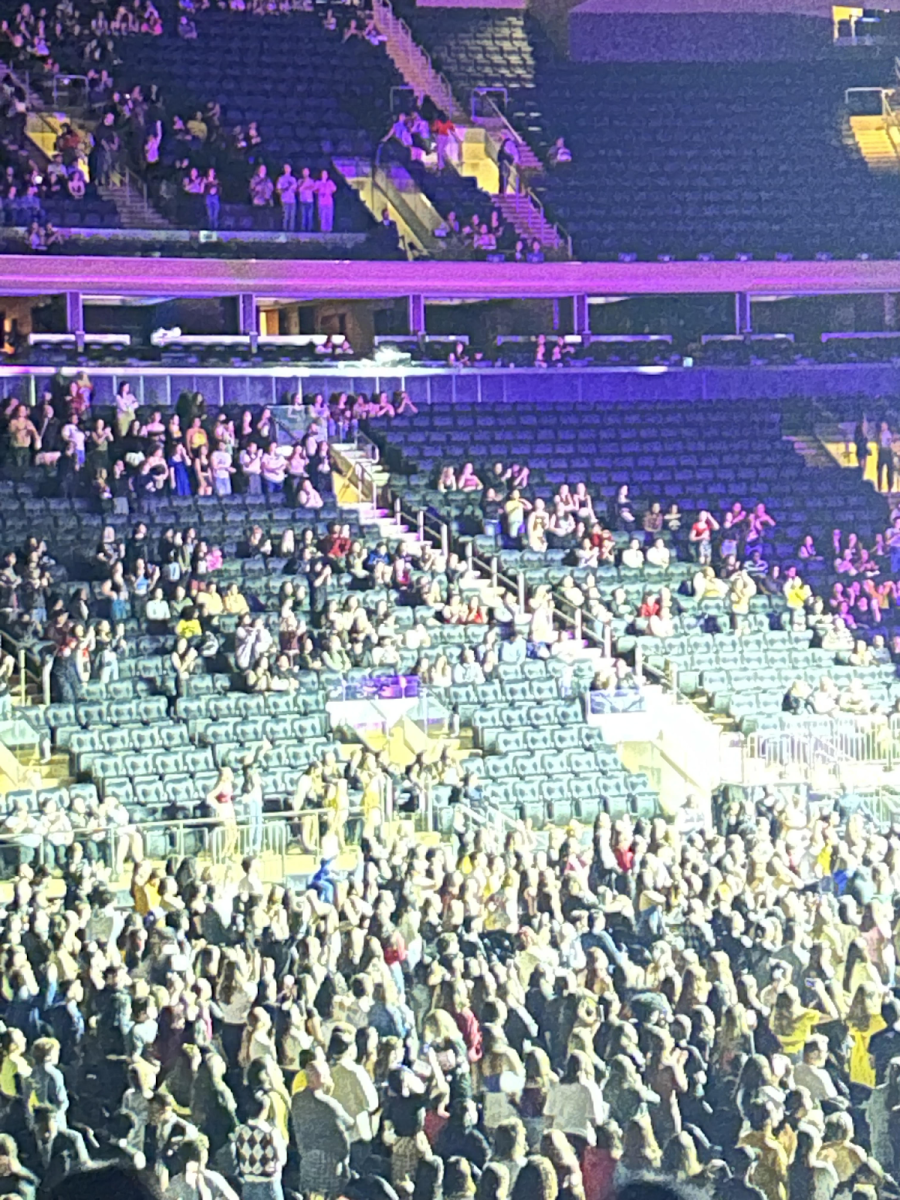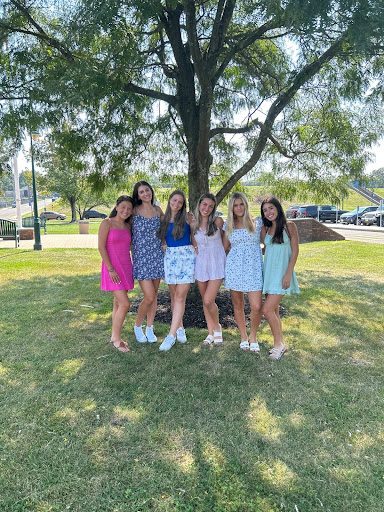I can follow my hatred for math and the sciences back to first grade, to the time when six-year old Katie got a stellar 21/100 on her math test (yes, this high achievement is still filed away in my house somewhere). My parents were told, upon their attendance at my student-teacher conference, that I was just “not oriented in math or science.” They were told that my strengths were English and social studies, and that they should expect those grades to be higher than what I would earn in math or science. Though my parents never told first-grade-me this directly, I picked up on these trends as the years went on. I remember being confused as a third grader. In English, I would be put with the kids who were working on things at a slightly more advanced level than the rest of the class. In math, my teacher would hand me a sticker if I could articulate that two plus two is four. By middle school, I had no desire to do anything with math or science. I had created a mental block. I hated the sight of lab equipment. Easy math tests made me really nervous. Although I didn’t do bad in these classes, I couldn’t stand sitting through them. In my head, I was bad at math and science, and therefore, I hated both classes. I couldn’t muster up enough enthusiasm to do any more than what it would take for me to get a solid 95 in the class.

I am not the only person to have experienced this. A lot of my friends were actually told the same things when they were little kids. I know a couple people that were told the opposite of me, that they were “math and science oriented”, and that they were not as good at English or social studies; because of this, these people, as high school students, hate their English and social studies classes.
It was not until sophomore year that I broke this way of thinking. At the beginning of sophomore year, I was not too pleased with having to take both geometry and chemistry in one year. They both sounded pretty frightening, and I didn’t know how I was going to survive. To my surprise, I became absorbed with both classes. I absolutely loved geometry; for the first time in my math career, everything made perfect sense. I also developed a love for chemistry, which was the most bizarre thing to both me and my parents. I love nomenclature, balancing equations, stoichiometry, and acids and bases. I was always surprised when people would ask me for help with the homework in these classes. Up until this point, I had played myself off as a mediocre math and science student. This was the first time that I realized I had more to offer than my English and social studies grades.
If I hadn’t been told to not worry about trying as hard at math and science when I was six-years old, I probably wouldn’t have spent so many years beating myself up over what I thought was a lack of mathematical and scientific capabilities. It frustrates me to think that I could probably be more knowledgeable about math and science, and that for all this time, I felt like a failure when I was not.
I do not believe that elementary students should be told that they are “oriented” one way or another. To a little kid, that closes a lot of doors, and for some people, like me, those mental blocks follow you through years and years of education. Kids should definitely be commended for their achievements, but they shouldn’t be told that those achievements make them better at that given subject. Labeling kids as “math oriented” or “English oriented” is a great way to make sure these kids don’t reach their fullest potential.



